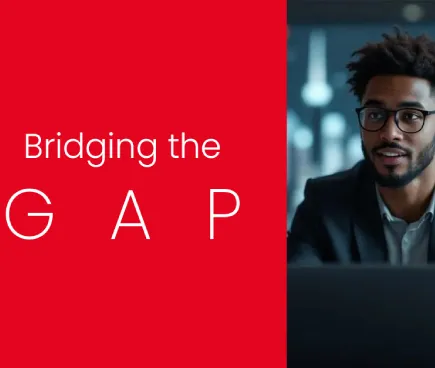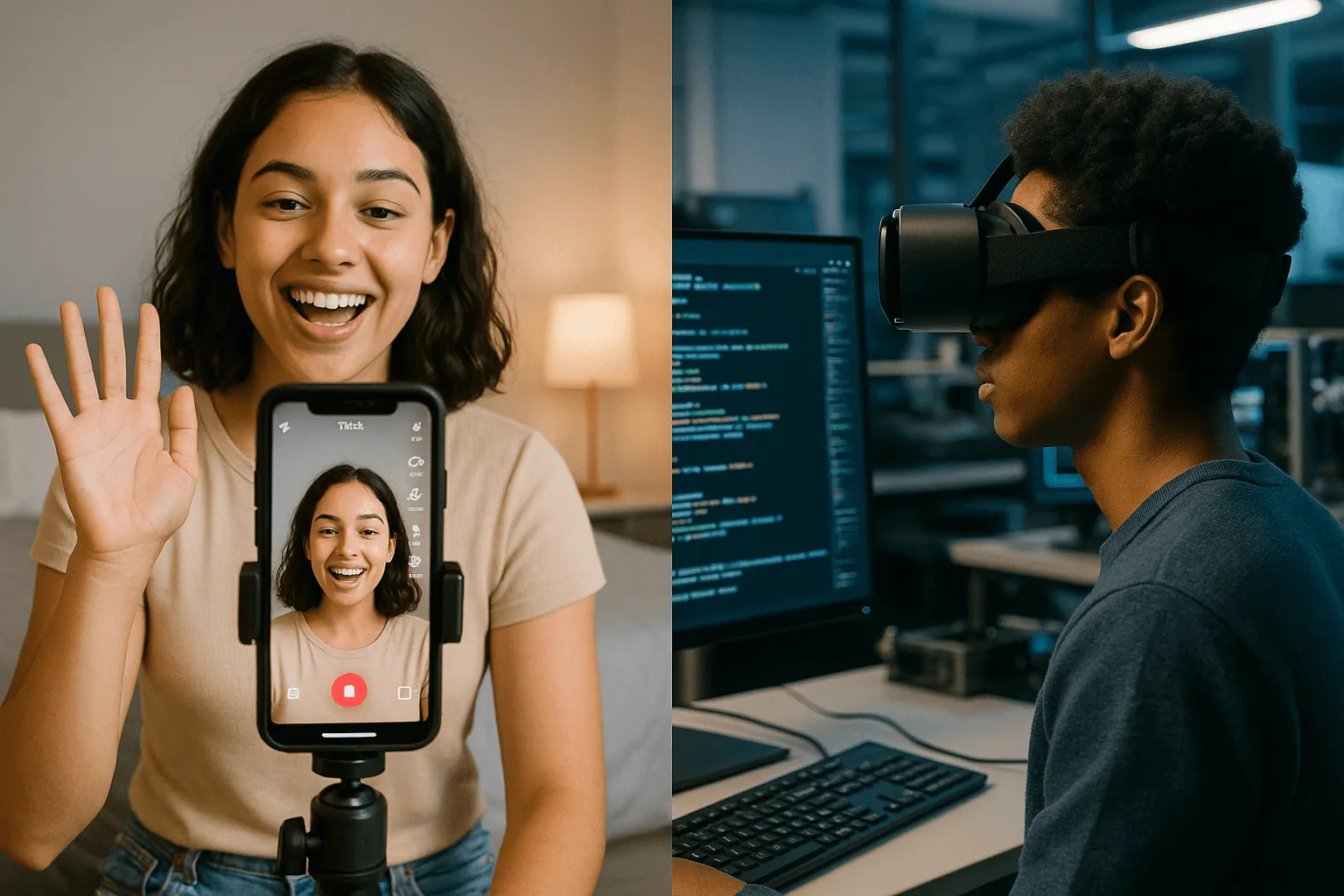Bridging the Gap: Why Industry-Education Dialogue Must Begin Early in a Student’s Journey
In today’s rapidly evolving global economy, the traditional boundaries between education and industry are dissolving. To prepare students for the future of work, it’s no longer enough to teach theory in isolation. Instead, we must embed industry engagement from the very beginning of a student’s learning journey. This is where Work Integrated Learning (WIL) becomes not just beneficial—but essential.
The Power of Early Industry Engagement
Early collaboration between education providers and industry ensures that students are not only learning relevant skills but are also developing a mindset attuned to real-world challenges. When industry is involved from the outset, students gain:
- Contextual understanding of how their studies apply in practice.
- Exposure to current technologies and methodologies used in the field.
- Opportunities to build networks and professional relationships early on.
- A clearer sense of career direction and purpose.
This proactive approach fosters a generation of graduates who are not just qualified but are work-ready, confident, and capable of contributing meaningfully from day one.
WIL at Swinburne & Barzan University College (BUC)
At Swinburne University of Technology, WIL is more than a methodology—it’s part of Swinburne’s DNA. Since its founding, Swinburne has championed the integration of practical experience with academic learning. Its commitment to industry collaboration is
rooted in Swinburne’s history as a technical institution, where hands-on learning and
real-world relevance have always been core values.
At Barzan University College (BUC), we proudly adopt Swinburne’s proven WIL model as a blueprint for delivering industry-relevant education in Qatar. Inspired by Swinburne’s legacy of blending academic excellence with hands-on experience, BUC
integrates WIL into its programs to ensure students gain practical, real-world skills from the outset. This approach is tailored to the local context, aligning with Qatar’s economic priorities and workforce needs. By embedding industry collaboration into the
curriculum—through internships, live projects, and strategic partnerships—BUC is cultivating a new generation of graduates who are not only academically prepared but also equipped to contribute meaningfully to Qatar’s knowledge-based economy.
A Personal Mission: Building Bridges That Matter
In my role as Director, Strategic Engagement and Partnership Development at Barzan University College I’ve had the privilege of leading BUC’s efforts to deepen our ties with industry. Whether it’s through strategic conversations with organizations
like GHD and Lulu Group, or hosting our recent Industry Breakfast Briefing for 50 senior leaders together with the Australian Embassy Qatar and Australia Qatar Business Association, my focus has been on creating meaningful, long-term
collaborations that benefit both students and employers. These engagements are not just about internships—they’re about co-designing learning experiences that reflect the real needs of the workforce. Each meeting and each shared vision reinforces our belief that industry must be at the table from the very beginning of a student’s journey. By aligning our curriculum with the
evolving demands of the market, we’re not only enhancing student outcomes—we’re contributing to a stronger, more resilient economy.
Aligning with Qatar National Vision 2030
The importance of WIL and industry-education dialogue is particularly relevant in the context of Qatar National Vision 2030 (QNV 2030). One of the vision’s pillars is human development, which emphasizes the creation of a knowledge-based economy driven by skilled and capable individuals. By embedding WIL into the educational framework, institutions in Qatar—and those partnering with Qatari organizations—can directly contribute to this goal. Early industry involvement ensures that students are not only academically prepared but also aligned with the strategic needs of the nation, including:
Diversification of the economy through innovation and entrepreneurship.
Development of a competitive workforce equipped for global challenges.
Strengthening of public-private partnerships in education and training.
A Call to Action
To truly prepare students for the future, we must rethink the timing and depth of industry engagement. It’s not a final-year add-on—it’s a foundational element. Institutions, employers, and policymakers must work together to create ecosystems where learning
and working are seamlessly integrated from the start. At BUC, we’re proud to lead this charge, and I’m personally committed to ensuring that our partnerships continue to grow in depth, impact, and innovation.
| ( ! ) Warning: Trying to access array offset on value of type bool in /var/www/html/wp-content/themes/barzancampus_git/single-buc_blog.php on line 175 | ||||
|---|---|---|---|---|
| Call Stack | ||||
| # | Time | Memory | Function | Location |
| 1 | 0.0107 | 452432 | {main}( ) | .../index.php:0 |
| 2 | 0.0108 | 452784 | require( '/var/www/html/wp-blog-header.php ) | .../index.php:17 |
| 3 | 1.4738 | 15338208 | require_once( '/var/www/html/wp-includes/template-loader.php ) | .../wp-blog-header.php:19 |
| 4 | 1.4943 | 15330744 | include( '/var/www/html/wp-content/themes/barzancampus_git/single-buc_blog.php ) | .../template-loader.php:125 |










